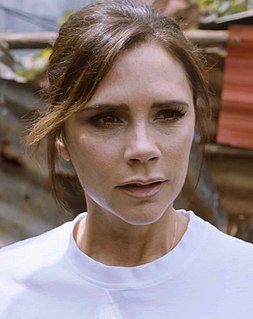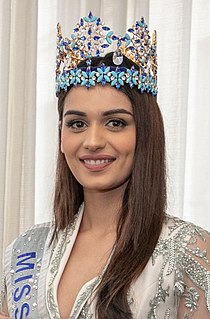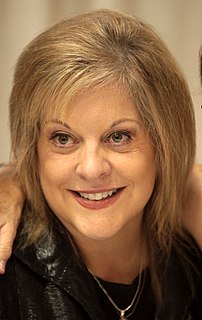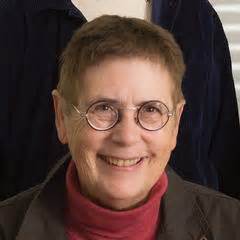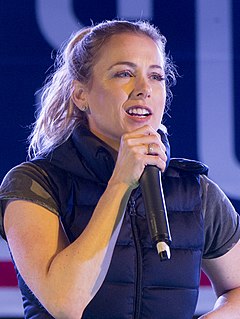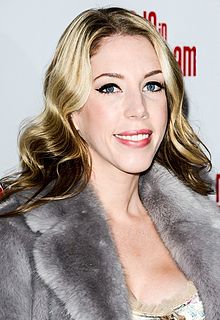A Quote by Lynne Tillman
I think those women who get themselves to write essays, it's not an easy thing to do because as women, you're not encouraged to think; you're encouraged to feel. This is a broad, broad statement. So I think those women who go out on a limb and publish essays are highly conscious of how they are writing their opinions.
Related Quotes
I think it's a great thing that women went out in droves to see Sex and the City movie. I think it's wonderful and I think women have always shown they're looking both to be entertained and challenged in a theatre. I don't think women are afraid of movies that make them think; make them feel sad. The movies that I've been associated with are not exactly Sex and the City but women are leading the way to the theatre on those. They used to call it a date movie where the girl gets to choose.
There was no real strategic decision about editorial tone. It was kind of a write whatever you want to write, and we'll see how it goes. I think that we lucked out in that all of the women who started writing at Feministing.com were really funny, and I don't think that's something people are used to seeing or hearing when they read feminism. You know, you think feminism and you kind of think academic, women's studies, dry, humorless; there are all of these stereotypes that go along with what feminist thought is and what feminist writing is.
I think it's not an accident that you don't have that many Asian American women writers who are breaking out. I don't think it's an accident that you don't have that many Asian American writers, either women or men. I don't think that immigrants are encouraged to become artists. That's very gendered and racialized and ethnicized.
There is so much pressure on women to be heterosexual, and this pressure is both so pervasive and so completely denied, that I think heterosexuality cannot come naturally to many women: I think that widespread heterosexuality among women is a highly artificial product of the patriarchy. . . . I think that most women have to be coerced into heterosexuality.
It's true that in a lot of western feminist movements, you see women working singularly from men. Suffragettes and the women's rights movement in the 60s here, but when I think of the Islamic feminist movement, I think of a lot of men who are very much standing with the women. It really feels like in equal numbers. Women are catching up in the field because we were not given access to knowledge and encouraged into these studies and so these men are helping us and empowering us. They are men of conscience who are fed up with this assumption that they're entitled.
I feel that I'm an essayist and that my best work gets done in that form. I wanted to do a book where the essays could exist on their own terms. A book that was neither a book of essays that were shoehorned into a memoir, nor [one where] the essays had been published elsewhere first, [because] then they would kind of bear the marks of those publications.
I think it's important for women to have a means to get health care. I think it's important that women have a place to go to get Pap smears and cancer screenings. And it shouldn't be considered extra. It shouldn't be considered something that can be "cut." It shouldn't be something that's in danger of going away. The idea that we're even thinking about cutting that off because somebody else isn't enjoying it themselves or somebody has extreme opinions about it is worrisome to me.
Every time a journalist will say: "Can women be funny? Can women be pilots? Can women be scientists?" It's less of a question and more of a statement after a while that makes you believe that maybe we can't. I think that's dangerous. I was really happy that I didn't have those barriers, but now I recognize the barriers of many other people.
The way that I'm feeling the shift in movie industry is that women are allowed to be part of the development process. So I do feel like things are changing because I'm allowed to option books or write an original screenplay or direct. Those possibilities are really wide open. I think that males still struggle to write for females, which is totally fine because I don't think I could write a really impactful male role because that's not the life that I lived. So we'll just keep shouting and say we need more opportunities for not just women but people that are just different.

